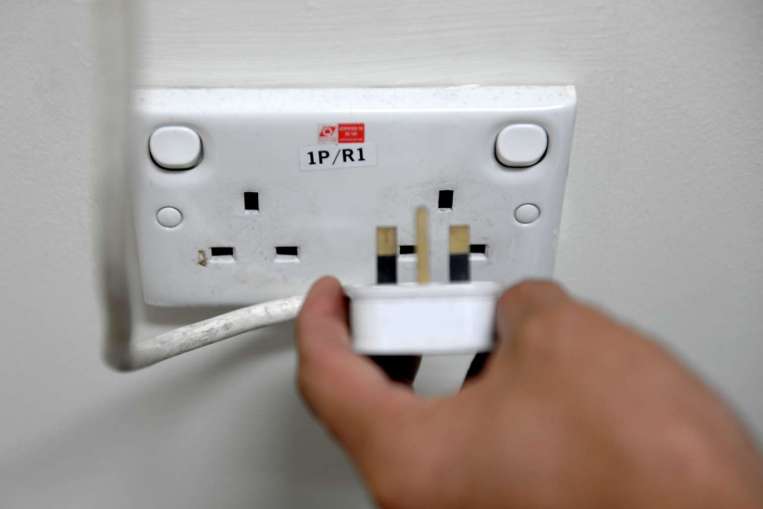Why you should not leave electronic devices to charge overnight

Devices which are poorly designed or damaged may overcharge and short circuits may occur, hence it is best not to charge them overnight.ST PHOTO: CAROLINE CHIA
SINGAPORE – On Thursday (Feb. 11), a coroner’s court heard that a blaze at a home in Parry Avenue in the early hours of June 9 last year could have been caused by drone batteries left to charge overnight.
The fire, which claimed the lives of two people, started at 3 a.m. in the two-storey semi-detached house, where three drone lithium polymer batteries had been left to charge on the carpeted floor beside the sofa. There were also power extension sockets near the sofa, with wires running under the living room carpet, which were used to charge various household electrical items.
Lithium-ion batteries supply power to personal electronic devices such as smartphones and tablets. These batteries are notorious for overheating, which could lead to a fire or explosion.
Experts say this could be due to poor product design or damage during use. If the battery safety circuitry is not working due to physical damage or poor manufacturing, overcharging and short circuits may occur. Poor battery design can also lead to fires. This happens when excess heat built up in the battery ignite the chemicals within, leading to smoke and fire.
Since there is no way of telling if a battery is good or faulty, consumers should take the extra precaution not to leave their devices to charge overnight. Consumers should also remove any clutter of devices plugged onto power extension sockets for prolonged charging.
Overheating problems led to electronics retailer Challenger recalling 12,000 units of its Valore portable power banks in April 2014. Nokia, Dell, Apple, Lenovo, Panasonic, Sharp, Toshiba, Hitachi and Fujitsu had also recalled products due to overheating batteries.
In 2013, a Samsung phone battery reportedly caught fire while in a person’s pocket. This happened in South Korea.
RELATED STORIES
If you think drones are passing fad better think again
Radiation dangers from electronic gadgets